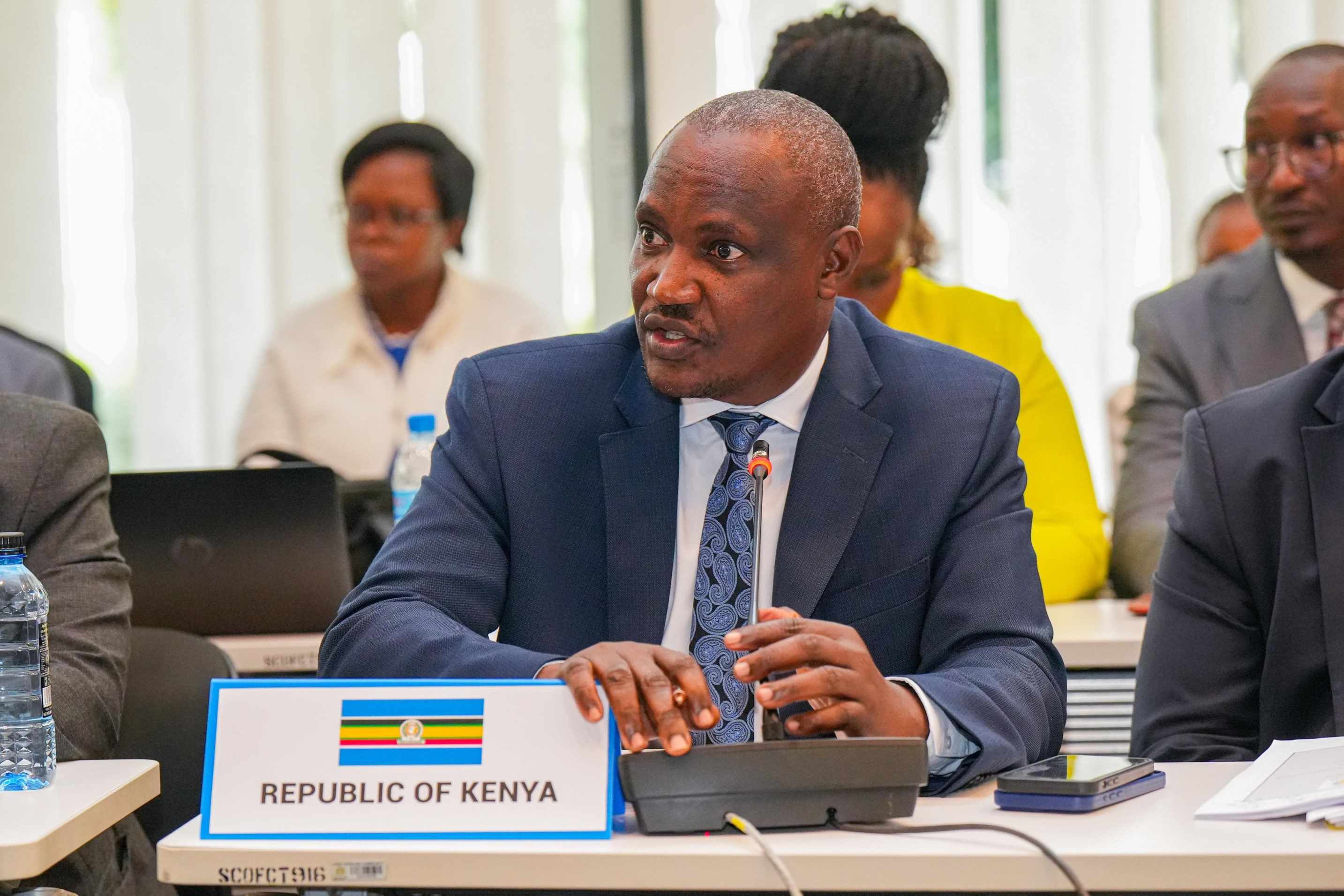Government to pay exam fees for all students in 2025, Mbadi confirms

The announcement came during a town hall meeting aired on Citizen TV Monday night, where Mbadi addressed growing public pressure and criticism over the proposed end of the national exam fee waiver.
Treasury Cabinet Secretary John Mbadi has confirmed that the government will pay examination fees for all candidates this year, backing down from an earlier plan to withdraw the subsidy that has been in place since 2015.
The announcement came during a town hall meeting aired on Citizen TV Monday night, where Mbadi addressed growing public pressure and criticism over the proposed end of the national exam fee waiver.
He acknowledged that no funds had been included in the initial budget to cover exams but said the Treasury has since secured the required resources.
"Initially, we did not provide examination fees for this year, but we have made the money available," said Mbadi.
"I assure all Kenyan students that they will sit their exams. The government will pay for it; we are just restructuring the system."
Mbadi had earlier said the waiver was being removed due to budget constraints, calling the programme unsustainable.
He proposed a new model where only students from vulnerable households would be exempted from paying the fees, while others would have to contribute.
The plan triggered outrage from the public, with many warning that it would push more learners out of school and undermine the right to education for children from low-income families.
In his Monday night remarks, Mbadi said the Cabinet questioned the costs of running the national assessments, particularly why exam papers are printed abroad when even more secure documents like passports are produced locally.
"What happened was that as Cabinet, we did not like the money that was being spent on exams; we didn’t understand why examinations were printed out of the country, yet more sensitive documents like passports are printed here," he noted.
He added that the Education Ministry has been directed to develop a cheaper model of conducting exams that brings down costs from the current Sh11 billion annually.
"The Ministry had to come up with a more realistic structure of administering and funding exams, not the Sh11 billion that was being spent," Mbadi explained.
The waiver was introduced a decade ago as part of efforts to make basic education accessible to all.
Its intended removal had raised fears of increased dropout rates and renewed calls for the government to prioritise education in its budget planning.
